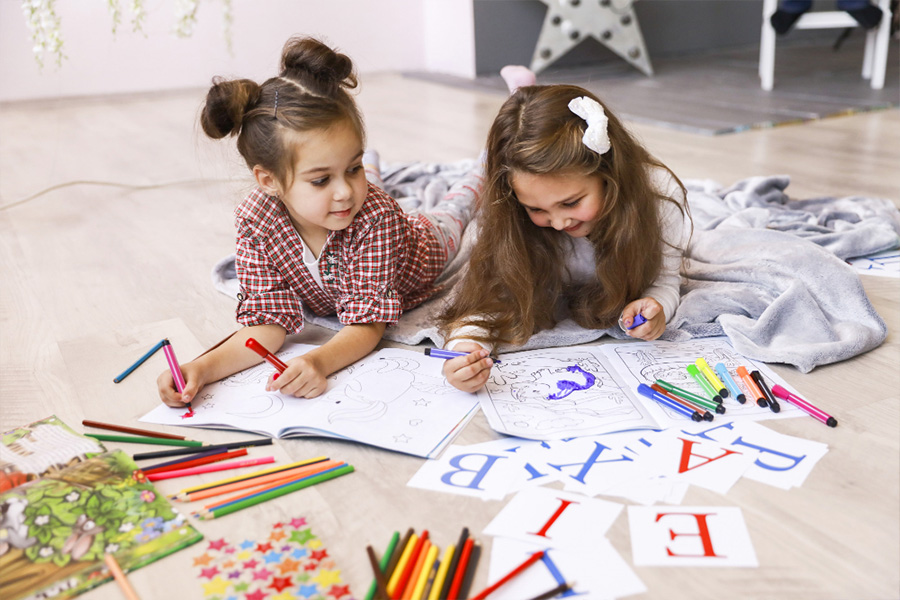Kindergarten Behavioural Tips: Helping Your Child Thrive

Kindergarten is an exciting time for young children—it’s where they begin to explore the world outside their homes, develop friendships, and learn essential life skills. But along with new experiences come new challenges, especially when it comes to behaviour. Understanding and supporting your child’s behavioural development during these early years is key to ensuring they thrive both socially and emotionally.
Here are some tried-and-tested behavioural tips to help guide your child through the kindergarten journey.
1. Set Clear Boundaries and Expectations
Children feel more secure when they know what’s expected of them. Before they even enter the classroom, talk to your child about how to behave in a group setting. Discuss simple rules like listening to the teacher, waiting for their turn, and using kind words. Reinforce these expectations with positive language, and keep instructions short and age-appropriate.
2. Model the Behaviour You Want to See
Young children learn by watching adults. If you want your child to use polite words, handle frustration calmly, and treat others with respect, make sure you’re doing the same. Consistently modelling respectful behaviour at home lays the groundwork for how they’ll behave at school.
3. Encourage Emotional Awareness
Helping your child recognise and name their emotions is a big step toward developing self-control. Teach them to say things like, “I feel sad,” or “I’m frustrated,” rather than acting out those emotions through tantrums or aggression. Simple tools like emotion charts or role-playing different feelings can help build this skill over time.
4. Praise Positive Behaviour
Kindergarteners respond well to praise and encouragement. Focus on catching your child being good—whether it’s sharing a toy, using a quiet voice, or helping a friend. Positive reinforcement builds their self-esteem and encourages them to repeat the behaviour.
Try phrases like:
- “I noticed how gently you spoke to your friend—great job!”
- “Thank you for picking up your toys without being asked.”
5. Be Consistent
Whether it’s praise or consequences, consistency is essential. If a certain behaviour is okay one day and not the next, children can get confused and act out. Agree on a few key rules as a family, and make sure all caregivers are on the same page. Consistency gives children a sense of safety and structure.
6. Create Calm-Down Strategies
It’s completely normal for young children to have meltdowns—especially when they’re tired, hungry, or overwhelmed. Teaching them strategies for calming down is a lifelong gift. Practice deep breathing, counting to ten, or having a quiet space at home where they can relax when they feel out of sorts.
7. Communicate with Teachers
Kindergarten teachers see your child in a different environment and can offer valuable insight into their behaviour. Build an open, two-way relationship with your child’s teacher so you can work together to support your child. If there are any behavioural challenges, addressing them early can make a big difference.
8. Choose the Right Environment
A nurturing school setting can positively influence behaviour. At Kensington Kindergarten, children are supported in a warm and respectful environment that encourages positive behaviour through gentle guidance, routine, and play-based learning. The experienced staff understand early childhood development and work closely with families to ensure every child feels seen, safe, and supported.
Kindergarten is not just about learning the alphabet or counting to ten—it’s about developing social skills, emotional resilience, and respectful behaviour. With a little guidance and a lot of patience, you can help your child develop the tools they need to succeed not just in school, but in life.
Remember: no child is perfectly behaved all the time, and that’s okay. Behavioural growth is a journey, and every step forward is worth celebrating.









Leave a Reply